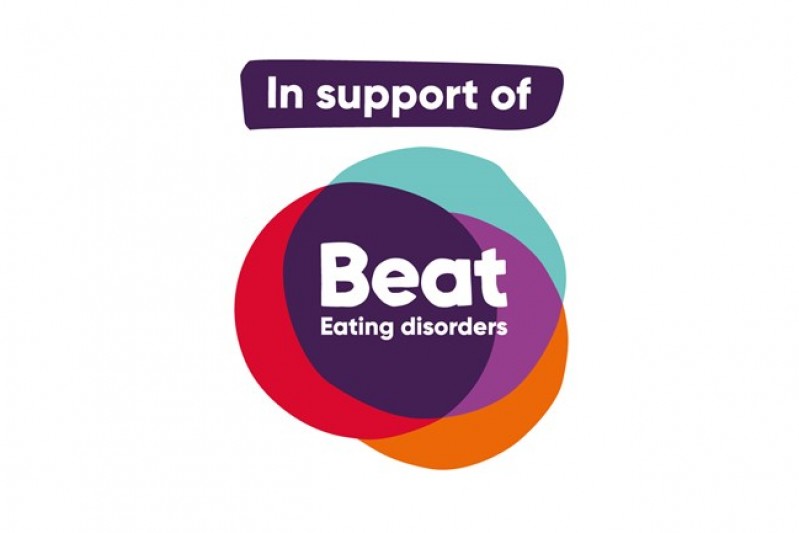Eating disorder awareness week: a parent’s story – Part 3
March 3, 2022
Eating disorder awareness week
(28 February – 6 March) aims
to raise awareness of eating disorders
in the UK. Eating disord ers are a devastating mental illnesses that affect 1 in 50 people across the UK with many suffering in silence.
ers are a devastating mental illnesses that affect 1 in 50 people across the UK with many suffering in silence.
They are of all ages, genders and backgrounds – eating disorders do not discriminate. Eating disorders include bulimia, binge eating disorder, avoidant/restrictive food intake disorder (ARFID), other specified feeding or eating disorder (OSFED), and anorexia, which tragically has the highest mortality rate of any mental illness, though all eating disorders can be deadly. While this is the worst-case scenario, there are many ways in which eating disorders severely affect the quality of life of both those suffering and those who care about them. They steal childhoods, devastate relationships and pull families apart. But, with the right treatment and support, recovery is possible.
Emma Barton, SWB Convenor and Unite the Union Senior Workplace Representative continues to share her daughter’s eating disorder journey.
Discovering my daughter had an eating disorder, by Emma Barton (continued)
The day of admission to the unit
We arrived at the unit at the end of May. I remember the day I took her well, because of covid I could not see her room or the unit or meet most of the staff. This was incredibly hard as she was vulnerable and I had no idea what the place was like inside, or who and what the staff were like. I guess it hit home how awful covid had been, and all those loved ones that were unwell in hospital and family and friends couldn’t visit people really resonated with me. Both me and my daughter had covid during the first wave in April 2020 and although I was lucky to recover fully, she had months of headaches and still nearly two years on she cannot taste properly, which I have no doubt wasn’t great and a was mild influence in the manifestation of anorexia nervosa.
We went into a small clinical room where the nurse very briefly discussed some rules and left us to say goodbye. We were both in tears and sobbing, the window in the clinic room was slightly ajar, she spotted this and said I could change my mind and she and I could escape from the window, she said that I could look after her at home, and she would try to eat. This was tough for me as I wanted nothing more to take my daughter home to care for her, as a mum, but as a nurse I also had the naturally medical model to help, to cure her. Of course I wouldn’t let her escape, apart from that I wouldn’t be able to get through a window!! But even though I wanted to take her home and look after her, deep down I knew this was such a complex disorder, and that I couldn’t risk her getting worse under my care, I knew she would continue to decline.
She had absolutely no insight into her illness, every blood test that came back was ok, so she was able to minimise her disorder, which made things really hard to support her in seeing how poorly she had become. I couldn’t rationalise with her even with the evidence of her extremely low weight and the fact she had been admitted to hospital twice and she had been an in-patient for nearly eight weeks. She had pretty much all of the symptoms listed on the Beat website, which was a really helpful resource. She identified that she had the symptoms but explained possible reasons why she had the symptoms and they were nothing to do with an eating disorder.
We hugged, I left, sad that I was only able to have one visit for one hour per week. But I also knew this was her chance of recovery, and that the evidence suggested the earlier someone gets treatment the better the chance of a full recovery.